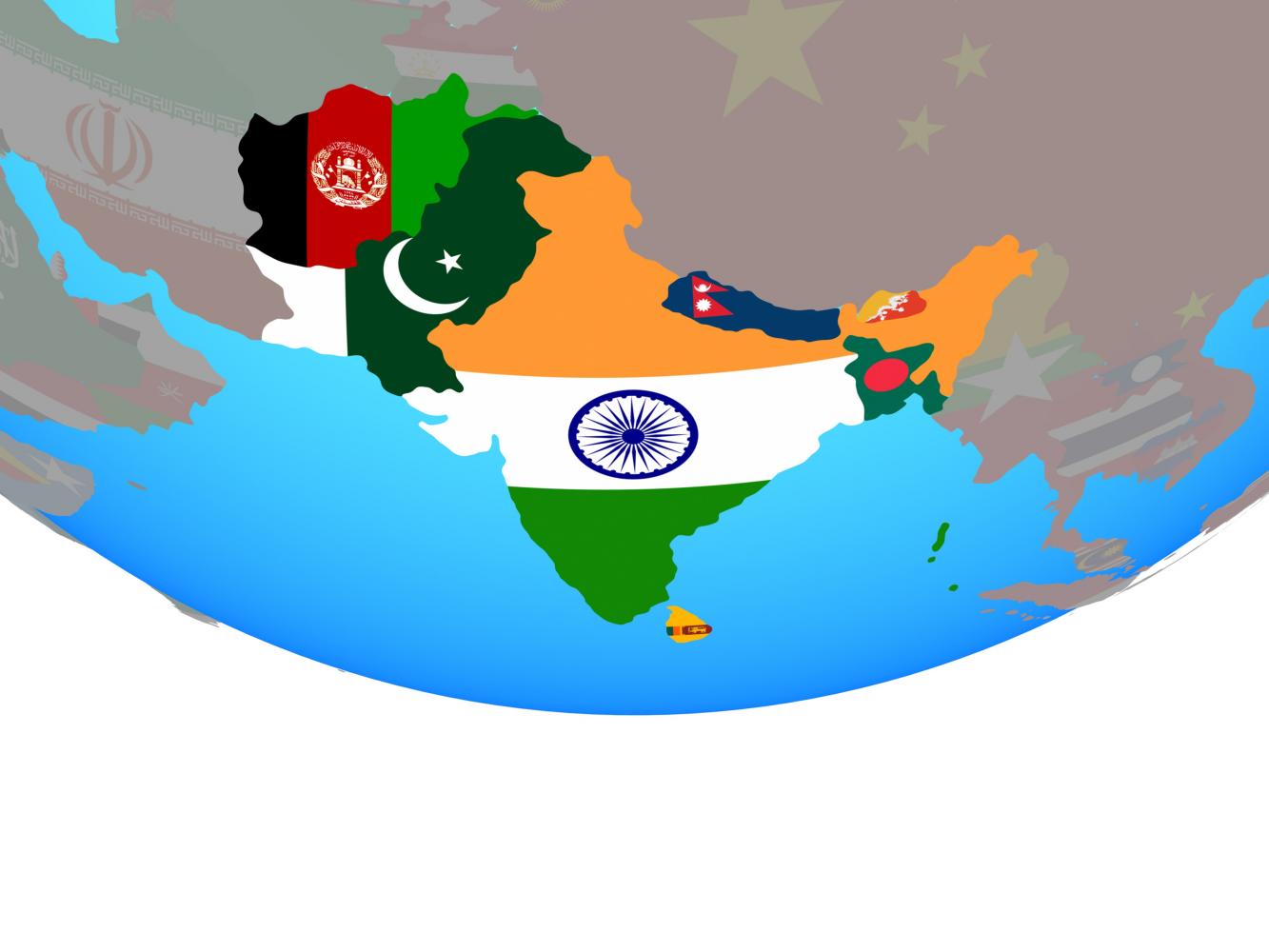
Most bilateral relations in South Asia, including those between Nepal and Pakistan, are dominated by India's massive influence in the region. Nepal and Pakistan have a long history of diplomatic and political ties, and India has played an important role in their considerations.
After India became independent in 1947, Nepal maintained diplomatic relations with India, but not with Pakistan. Nepal and India signed a Treaty of Peace and Friendship in 1950, establishing a broad economic, strategic and defence partnership.
Nepal and Pakistan established diplomatic ties on March 20, 1960. Since then, friendship and cordiality between the two countries has grown stronger, spurred by understanding and cooperation for mutual benefit.
The establishment of formal relations followed a lengthy period of indifference from Pakistan towards Nepal. But various factors increased Nepal's strategic importance in Pakistan's calculations. As India-US ties grew stronger, Pakistan began engaging more with its smaller neighbours in South Asia, among them Sri Lanka and Nepal.
Another key consideration was geography: In 1960, East Pakistan was surrounded on three sides by Indian territory and shared a tiny portion of its border with Nepal; thus, good relations with Nepal were critical for Pakistan.
Former Pakistani prime minister Zulfikar Ali Bhutto put it this way: "Nepal is to Pakistan what Afghanistan is to India; Nepal's proximity to East Pakistan and the crucial states of Sikkim and Bhutan, as well as the province of Assam with its Naga and Mizo freedom fighters, places Nepal high on Pakistan's foreign policy calculations."
Pakistan was preoccupied at the time by domestic difficulties after independence. Furthermore, because King Tribhuvan of Nepal was devoted to India, Pakistan's previous attempts to engage with Nepal were unsuccessful. But King Mahendra, his successor, was determined to establish closer ties with neighbouring countries in order to minimise Nepal's reliance on India.
Under Mahendra's leadership, Pakistan-Nepal ties improved significantly. Although Nepal remained neutral throughout the India-Pakistan war of 1971, it recognised the newly independent Bangladesh, prompting Pakistan to break diplomatic ties with Kathmandu, which were later re-established.
Political talks between the two countries take place mainly at summits of the South Asian Association for Regional Cooperation (SAARC); bilateral trips are uncommon. The most recent was on March 5, 2018, when then Pakistani Prime Minister Shahid Khaqan Abbasi visited Kathmandu after a two-decade hiatus. He and his hosts spoke extensively about China's Belt & Road and China-Pakistan Economic Corridor projects, as well as bilateral relations.
More recently, as tensions between India and Nepal grow over a variety of issues, both Pakistan and China have been using the opportunity to strengthen their connections with Nepal.
India must tread carefully in engaging Nepal, whose growing ties with China and Pakistan do not augur well for Delhi's interests in the region. Anti-Indian sentiment has long been used by Nepali leaders to boost the country's domestic position.
Such sentiment was exploited to strengthen Nepal's identity during the reign of King Birendra, and a similar connection may be drawn today as India's influence on smaller neighbouring countries is seen with distrust and concern. KP Oli, Nepal's current prime minister, is noted for his pro-China stance.
As the China-Pakistan connection grows, India must earn the trust and cooperation of its smaller neighbours in order to dissuade China from encroaching further on Delhi's traditional sphere of influence.
Nepal and Pakistan struck their first trade deal in 1962, and in 1983 the Nepal-Pakistan Joint Economic Commission was formed. Pakistan has made significant investments in Nepal's textile, hotel and banking industries through joint ventures. In 1996, the Federation of Nepalese Chambers of Commerce and Industry and the Federation of Pakistan Chambers of Commerce and Industry formed a joint business council. In 2009, a tourism cooperation agreement was struck.
In both countries, information is shared and tourism is promoted. Inter-university collaboration is also being used to improve cultural links. Pakistan also provides financial aid to Nepalese students seeking higher studies at Pakistani institutions.
Both countries support the South Asian Free Trade Area (Safta) agreement and the South Asian Economic Union. The two countries' total trade value is still minuscule at US$4.8 million. This reflects the geographical limitations of Nepal and India's refusal to approve a land transit route to Nepal.
Both countries have also begun to deepen military ties in recent years, with Nepal acquiring guns from Pakistan. Between 2004 and 2006, the Nepalese monarchy was condemned and isolated by India, the United Kingdom and the United States for repressing democracy. In order to stay in power and fight the Maoist insurgency, the monarchy developed military cooperation with China and Pakistan, which provided extensive military support, arms and equipment to Nepal.
But the monarchy ultimately unravelled after nine members of the royal family were slain in a mass shooting in 2001. It was abolished in 2008 when the country was formally declared a republic.
One area where Pakistan and Nepal could work together would be to revive the SAARC as it has become inactive. It is an open secret that the detrimental effects of India-Pakistan conflicts have threatened the effectiveness of the South Asian body.
In any case, strengthening Pakistan-Nepal ties has immense potential for both parties.
Dr Malika-e-Abida Khattak is a Lahore-based educator and researcher specialising in foreign relations involving South Asian states.